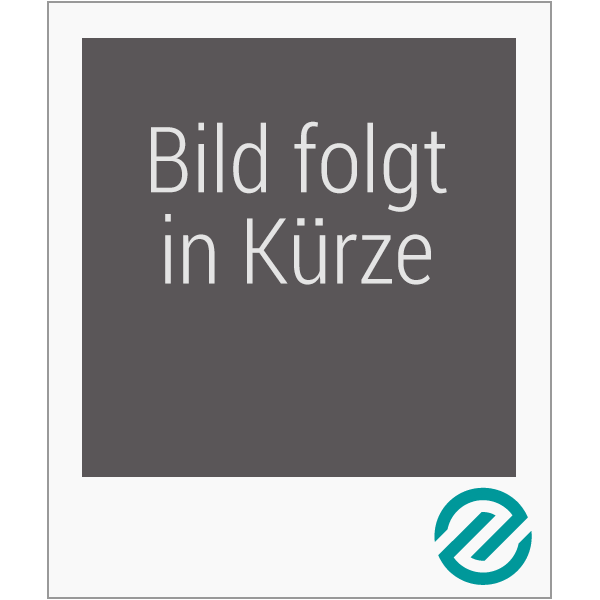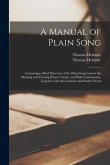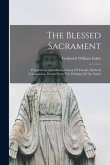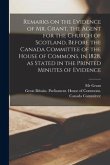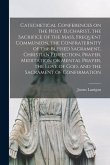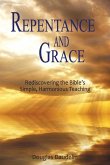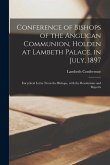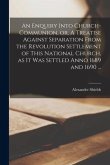Martin King said that the most segregated hour in America is Sunday morning, alluding to the fractured condition of the universal body of Christ's followers, the Church. From 2002 to 2010, I had the privilege of serving as the Executive Director of a nonprofit called Operation Breaking Through, serving the greater Hampton Roads area. The nonprofit was a network of over one hundred local churches. One of my primary responsibilities was to promote racial reconciliation and harmony between the diverse ethnic churches. In most cases, the demographics of these churches failed to reflect their community. Most congregations were monoethnic. Significant progress was evident after several years of pastoral internal and congregational external panel and group discussions. Church pastors were pulpit swapping, and churches were partnering in community outreach. Up to this point, I realized how much blood, sweat, tears, and time I had spent encouraging pastors and congregations to recognize, promote, and practice fellowship and communal service. Though good and somewhat effective, these efforts were all physical with very little thought of spiritual application. It wasn't until I was required to write a paper for a theology class at North Park that God opened my eyes to a deep understanding of the sacrament of Holy Communion. Realizing that all actual Christian denominations and non-dominations mandate practicing this sacrament, I gleaned from my studies the spiritual connectedness all believers share in this one sacred act and the binding blood ties all believers share with the author of this sacrament. In that one epiphany, the dividing wall of ethnicity, culture, and social Christian norms fell. Had Christ, by instituting this faithful act woven into the DNA of our born-again experience, the ability for His divine love and truth to break the chains we would inevitably erect through the weakness of our humanity, selfishness, and pride. What if this one DNA trait of holy communion could activate the true koinonia, which may lay dormant in believers because of historical traditions and practices erected by human-made religion? What if God allowed us to see and experience the depth of spiritual love for our brothers and sisters despite our differences? What if we saw communion as a remembrance of the greatest act of love known to humanity and allowed that remembrance to kindle and rekindle a spiritual intimacy between believers that overcomes our bias, prejudice, privilege, and any barrier to the believer's oneness in Christ? Holy Communion, a Spiritual Agent of Harmonious Diversity in Christ, explores this more profound understanding and revelatory power to breathe new life into the reading believer.
Hinweis: Dieser Artikel kann nur an eine deutsche Lieferadresse ausgeliefert werden.
Hinweis: Dieser Artikel kann nur an eine deutsche Lieferadresse ausgeliefert werden.

